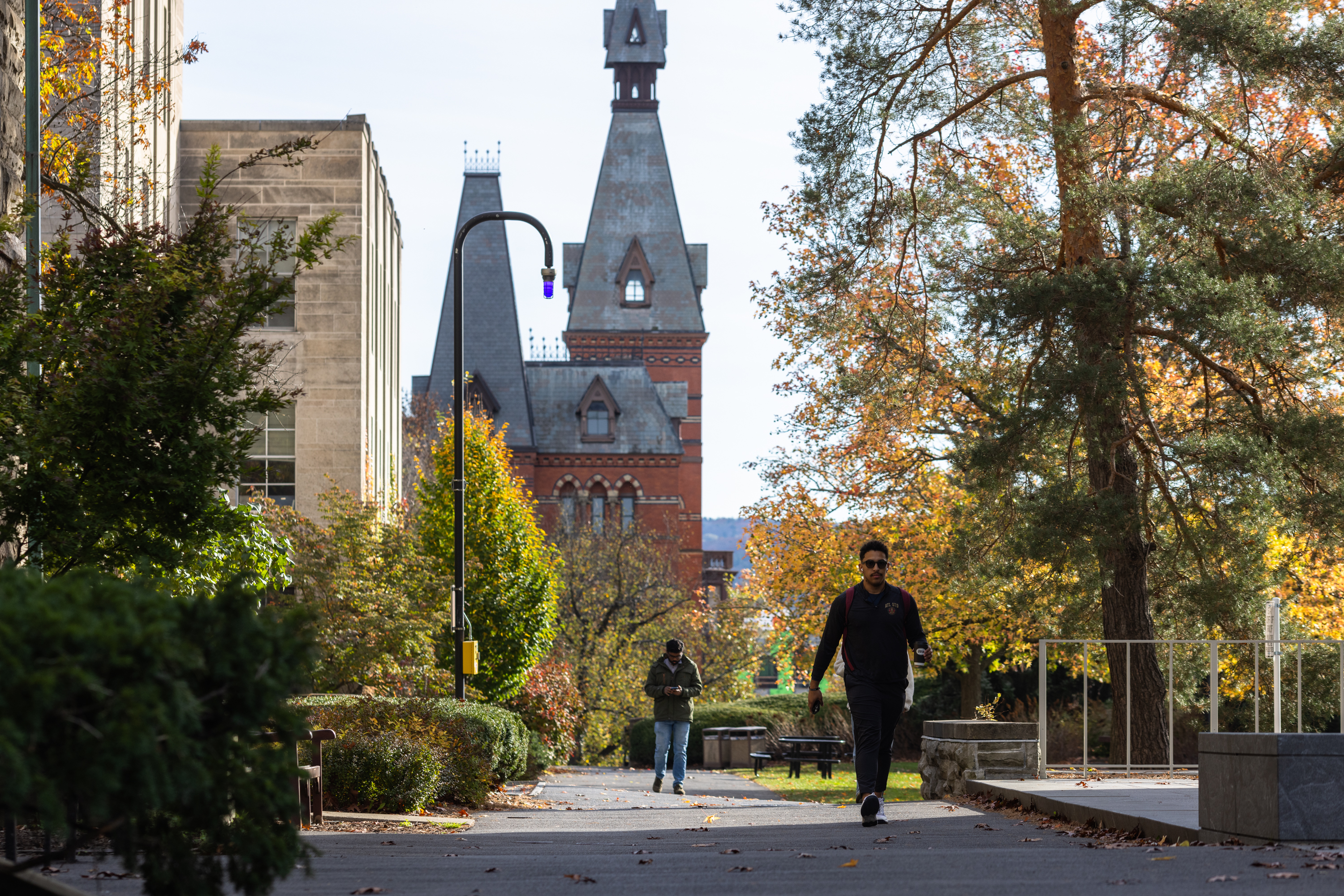The United Kingdom's Supreme Court on Tuesday began hearing a case over the definition of "woman."
What's the Case About?
The case, initiated by women's rights campaign group For Women Scotland (FWS), centers on whether a transgender person with a gender recognition certificate (GRC) that recognizes them as a female, can qualify as a woman under equality laws.
While the case, in which five judges at Britain's highest court will hear arguments, centers on Scottish laws, FWS has said its outcomes could have U.K.-wide consequences for sex-based rights as well as everyday single-sex services.
The case stems from Scotland's Gender Representation on Public Boards Act 2018, which mandates that 50 percent of board members on public bodies be women, including transgender women.
While this law aimed to promote inclusivity, FWS challenged the interpretation, arguing Scottish Parliament's redefinition of "woman" went beyond parliament's powers.
Scottish officials then issued guidance stating that the definition of "woman" included a transgender woman who has a gender recognition certificate. FWS is seeking to overturn that decision.

After an initial legal defeat in 2022, FWS escalated the matter to the U.K. Supreme Court, asserting that "sex" under the Equality Act should align with biological definitions.
"Not tying the definition of sex to its ordinary meaning means that public boards could conceivably comprise of 50 percent men, and 50 percent men with certificates, yet still lawfully meet the targets for female representation," Trina Budge, director of FWS, said.
A Clash of Definitions
Representing FWS, lawyer Aidan O'Neill argued before the five-judge panel that under the Equality Act, "sex" should refer to biological sex and as understood "in ordinary, everyday language."
"Our position is your sex, whether you are a man or a woman or a girl or a boy is determined from conception in utero, even before one's birth, by one's body," O'Neil said on Tuesday. "It is an expression of one's bodily reality. It is an immutable biological state."
However, opponents, including human rights organization Amnesty International, contend the exclusion of transgender individuals with GRCs violates fundamental human rights. In a written statement to the court, Amnesty expressed concern over what it sees as a growing erosion of trans rights within the U.K., cautioning against policies that would restrict access to single-sex spaces.
"A blanket policy of barring trans women from single-sex services is not a proportionate means to achieve a legitimate aim," the human rights group said.
The hearing, slated to last two days, follows global debates over trans rights. A final judgment is expected in the coming months, and its ramifications are likely to shape the U.K.'s approach to equality legislation for years to come.
This article includes reporting from The Associated Press.



















 English (US) ·
English (US) ·